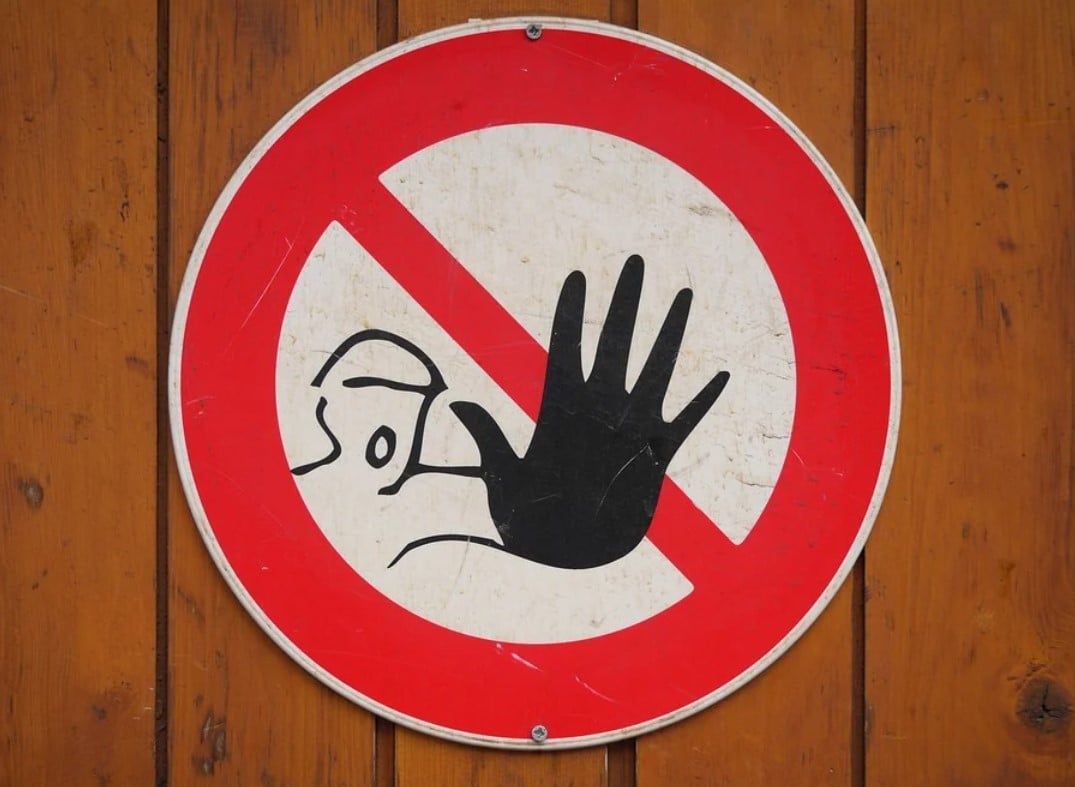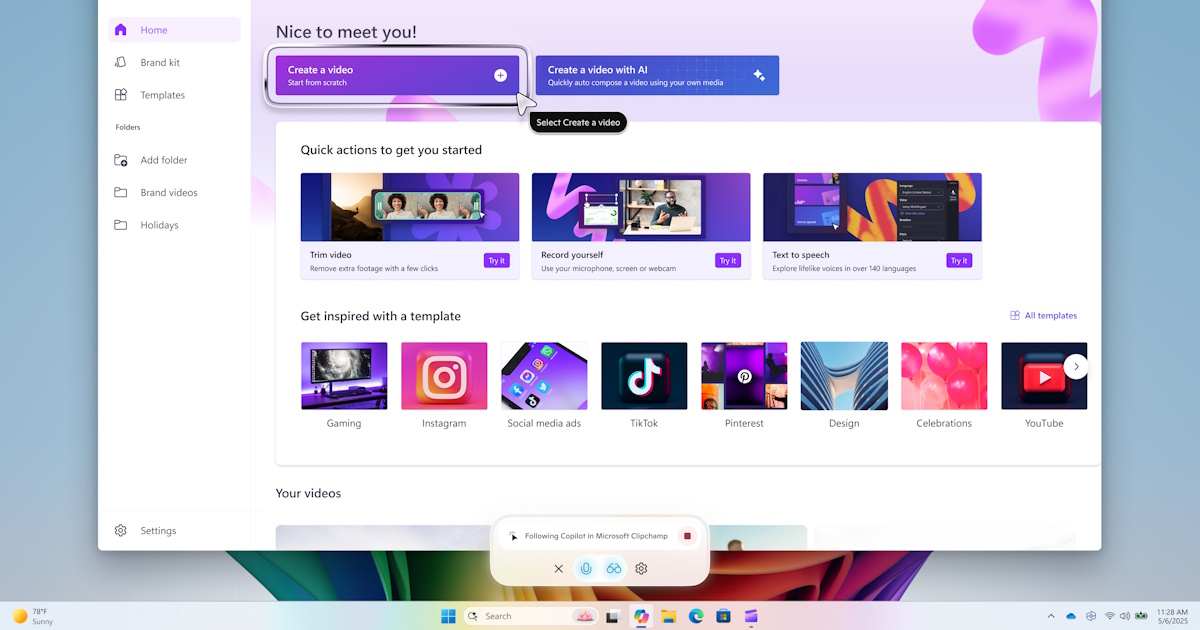U.S. ISPs Want Retrospective Immunity in Pirate Site Blocking Bill
At a recent Senate subcommittee hearing, the Motion Picture Association reiterated the need for a pirate site blocking regime in the United States. Behind the scenes, lawmakers and stakeholders appear to be progressing towards an agreed-upon position. One of the main roadblocks, according to Senator Coons, is that Internet providers are seeking retroactive immunity as part of a 'deal'. From: TF, for the latest news on copyright battles, piracy and more.

 After a decade of focusing on efforts overseas, the push for website blocking has landed back on American shores.
After a decade of focusing on efforts overseas, the push for website blocking has landed back on American shores.
Domestic site blocking initiatives were shelved for over a decade in the U.S. following the SOPA backlash, but that hesitation appears to have evaporated.
With Representative Zoe Lofgren’s introduction of the Foreign Anti-Digital Piracy Act (FADPA) in February, the controversial mechanism of court-ordered blocking against foreign ‘pirate’ sites is no longer just a foreign issue. On the contrary, with more than one bill in the making, lawmakers and stakeholders are actively fleshing out the details.
MPA Spotlights Site Blocking at Senate Hearing
Thus far, most of the work on these site blocking agreements has taken place behind closed doors. We know that ISPs are involved but none have commented on the matter in public. The same is true for rightsholders who, after the massive SOPA revolt, prefer private negotiations over demands in the public spotlight.
As a pioneer of site blocking efforts around the globe, it’s no secret that the Motion Picture Association (MPA) is in favor. And indeed, at a recent hearing at the Senate Subcommittee on Intellectual Property, the MPA’s Karyn Temple reiterated the need for a U.S. site-blocking system.
The MPA’s Senior Executive Vice President explained that pirate sites generate billions of visits a year by ‘stealing’ American films and TV series. These sites are not simple hobby projects, but commercial operations run by criminal groups from foreign countries.
“They are run not by individual teens in someone’s basement, but by sophisticated foreign criminal organizations who are involved in the most heinous criminal behavior you can imagine,” Temple said.
“And they are specifically designed to target American citizens, your constituents, for their personal and financial data and to expose them to malware and identity theft,”
American consumers are specifically targeted by these sites because they are lucrative victims, Temple said. Additionally, it is of course convenient that sites are not blocked in the U.S., unlike in 55 other countries, where blocking remedies are available.
ISPs Seek Retroactive Immunity
The MPA’s testimony offers little fresh news. The group has shared similar views for several years now but this time around, it appears that progress is actually being made, albeit behind the scenes.
Democratic Senator Chris Coons, the recent recipient of an MPA Industry Champion Award, shared some new information during the hearing. He noted that “real progress” appears to have been made, while also identifying a previously undisclosed roadblock.
Discussions on potential site blocking legislation are taking place alongside a request from ISPs for both prospective and retrospective immunity. That basically boils down to a demand for an exemption on piracy liability, regardless of when any infringement took place.
“It finally feels like we’re making some real progress here on site blocking after years. One of the key roadblocks to getting a final deal is whether ISPs should benefit from immunity, both prospectively and retrospectively,” Senator Coons said.

When asked to comment on the ISPs’ request, the MPA replied that this shouldn’t be much of a problem, as the immunity issue never led to any legal claims in other countries.
“ISPs have not routinely been sued for enforcing site blocking regimes. So, you know, I think in our experience, we don’t think that this is a provision that is necessary at all,” Temple replied.
U.S. Liability Lawsuits Against ISPs
Temple is right that site blocking schemes haven’t triggered a wave of lawsuits abroad, but the ISPs may have another interest in retrospective immunity when it comes to piracy liability.
While details of their exact demands are unknown, it seems plausible that ISPs are seeking to limit the existing piracy liability lawsuits, where providers are sued for not taking appropriate action against repeat infringers.
These lawsuits involve many prominent ISPs, including Verizon and Cox. The latter was previously held liable for a billion dollars in damages and the ISP recently appealed to the Supreme Court to take on the matter.
With these cases in mind, it’s understandable that ISPs would like to make sure that, if new legislation passes, they wouldn’t find themselves worse off from a liability perspective.
Finish Line in Sight?
Unfortunately, none of these site blocking ‘deal’ discussions between stakeholders are taking place in public. So, for now, we have to make do with the snippets that come out through hearings and other commentary.
That said, it’s starting to look like a U.S. site blocking scheme is closer to reality than ever before. At the hearing, Temple sounded confident that it could pass this session, which means a matter of months, not years.
“The MPA stands ready to work with you and all stakeholders to enact judicial site blocking this session. It’s time, finally, to get this legislation over the finish line,” Temple said.
—
The full video of the hearing of the U.S. Senate Committee on the Judiciary’s subcommittee on Intellectual Property that took place last week is available here.
From: TF, for the latest news on copyright battles, piracy and more.






